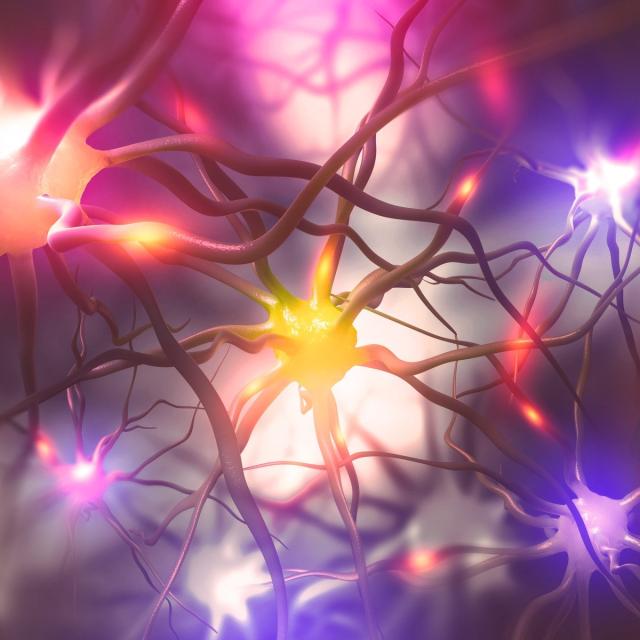Peter Tse
The central problem for me and my group of collaborators and students is consciousness and its neural realizations. Work in my lab looks at all aspects of consciousness, in hopes of shedding light on its neural bases and on neural coding more generally. First, between retinal activation and a phenomenal experience of seeing some event, perhaps three hundred milliseconds later, there must occur a vast amount of preconscious and unconscious processing of form, motion, color and so on. This preconscious and unconscious processing goes into the construction of what you will see. What are these rapid operations and how do they interact? Second, there is the structure of subjective experience itself. Neuroscience, unlike other sciences, need not concern itself solely with objectively observable events, whether neuronal (using tools such as fMRI, EEG, ECoG, or neurophysiology) or behavioral (psychophysics). In addition we have our conscious experience, which is itself the output of neural operations that we hope to decipher. Phenomenology, therefore, is a powerful source of information that can be harnessed to understand the brain/mind. In particular, illusions are mistakes (i.e., seeing what is not there, or not seeing what is there) that provide a valuable hook in our efforts to decipher constructive operations that construct conscious experience on the basis of typically sparse and ambiguous inputs. Third, consciouness is for planning and doing. In effect, sensory processes give us a subjective world that planning and executive operations can then operate on and within, in order to fulfill goals, such as finding food, shelter, mates, status, escape routes and so on. The key operator of interest here is volitional attention. In effect, consciousness can be thought of as the domain of highly preprocessed or 'precompiled' representations that volitional attention is either operating on now, or could shift to operate on in the next moment. This makes clear the intimate link between consciousness, attention and volition. Fourth, consciousness has a dual aspect. Half of its job involves constructing a story of what is most likely happening in the outside world and in our physical bodies, so that we can act in light of that account. But the other half of its job is to give us an internal "virtual reality" of our imagination, realized as operations within working memory circuitry, in which we can act, consider, deliberate, and select among options, before carrying out any real actions in the real world. This capacity to act virtually, within our imagination, is where the action is in volitional decision-making. Fifth, and finally, consciousness is not only the result of bottom-up, stimulus-driven operations. It is the result of an interplay between top-down and bottom-up operations. What is the nature of these top-down operations, and how can they influence the bottom-up operations in a way that will then alter our subsequent conscious experience? What kind of neural code can afford top-down volitional mental causation? Those interested in more information in this regard might be interested in reading my book 'The neural basis of free will' (MIT, 2013).



